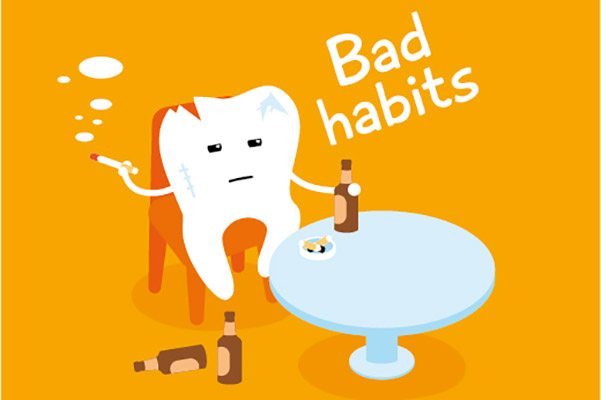When To Visit an Emergency Dentistry Office During the Coronavirus Disease

A knocked-out tooth, broken teeth and severe toothaches are few common conditions that may necessitate a visit to an emergency dentistry office. Since such dental issues do not heal on their own, patients must seek professional treatment immediately, despite the lockdown caused by the coronavirus. It can be hard to discern if a condition is a real emergency. However, with the help of this article, it can be easy to determine when to visit the dentist and what to do when faced with dental trauma.
What counts as a dental emergency?
Due to the coronavirus disease outbreak, the American Dental Association has recommended that dentists postpone all elective procedures and only handle dental emergencies. A dental emergency is an oral health problem that demands immediate treatment from the dentist. Sometimes, the emergency nature of the situation is obvious, such as a broken or knocked-out tooth. Other times, it may be unexplainable pain or bleeding.
Like any emergency, it is necessary to contact a dental professional and get treatment immediately. Failure to treat bleeding, loose or broken teeth or severe toothaches can lead to complications that may require extensive and costly procedures eventually.
Please note that social distancing is critical to curtailing the spread of COVID-19. Also, preventing dental infections is critical to ensure optimal health. Due to complications that are bound to occur from postponing treatment, patients should visit an emergency dentistry practice if they notice swelling, pain or discomfort. Currently, dentists all over the country have been recommended to treat only patients with dental emergencies and postpone all elective procedures.
When to visit an emergency dentistry practice
Lost fillings, broken crowns, mild tooth pain or a broken or lost oral appliance (like a retainer or mouthguard) can be irritating, but they are not actual emergencies. However, they still require dental care, so the dentist should be notified, but an emergency appointment may likely not be necessary.
Major dental emergencies typically include uncontrolled bleeding, debilitating pain or a tooth that is at risk of loss. If the tooth has been knocked out, loosened, cracked or broken, an emergency dentistry appointment is necessary to increase the chances of saving the tooth.
When faced with a dental emergency, it is easy to become frazzled. Usually, calling an emergency dentistry practice is the best thing to do. Most emergency dentistry offices are open all through the week and outside of regular business hours. Before the appointment, the emergency dentist will provide instructions on what to do. It is important to stay calm while waiting for dental care. If there is uncontrolled bleeding or severe and unbearable pain, and the dentist is not immediately available, it is advisable to visit the emergency room.
Final note
Creating a relationship with an emergency dentistry practice can make things easier for when an urgent need arises. Book regular dental checkup and cleaning appointments with the dentist to get started. This will allow patients to get familiar with the dental professionals, which can, in turn, allow them to provide better care if emergency care is ever needed, such as during the COVID-19 lockdown.
Request an appointment here: https://www.gledhilldental.com or call Gledhill Dental at (509) 800-8410 for an appointment in our Kennewick office.
Check out what others are saying about our services on Yelp: Read our Yelp reviews.
Related Posts
Teeth whitening treatments are an effective way to improve the color of your teeth significantly. These treatments consist of using chemicals with bleaching properties like hydrogen carbamide or hydrogen peroxide to remove stains from the inner and outer layers of teeth.The types of stains teeth whitening treatments are effective on include the yellow stains teeth…
Having a firm understanding of oral hygiene basics can prevent tooth decay, gum disease, and general oral discomfort. Human beings go through life developing a range of habits that impact oral health, some of which are good and some of which are bad. Avoiding these damaging behaviors promotes strong teeth and gums that can last…
Teeth whitening treatments can get you noticeably whiter teeth in less than an hour. They are one of the most popular cosmetic treatments and involve using compounds with bleaching properties like hydrogen carbamide or hydrogen peroxide to take off stains from the outer and inner layers of your teeth.There are numerous ways to go about…
Seeing a general dentist for regular checkups should be part of your dental care routine. This dental professional can help maintain and even improve your teeth and gum health. Asking the right questions can help you know more about proper oral care. Below are some of the questions you can ask your general dentist during…


